Virtual Teach-In on the Chauvin Trial
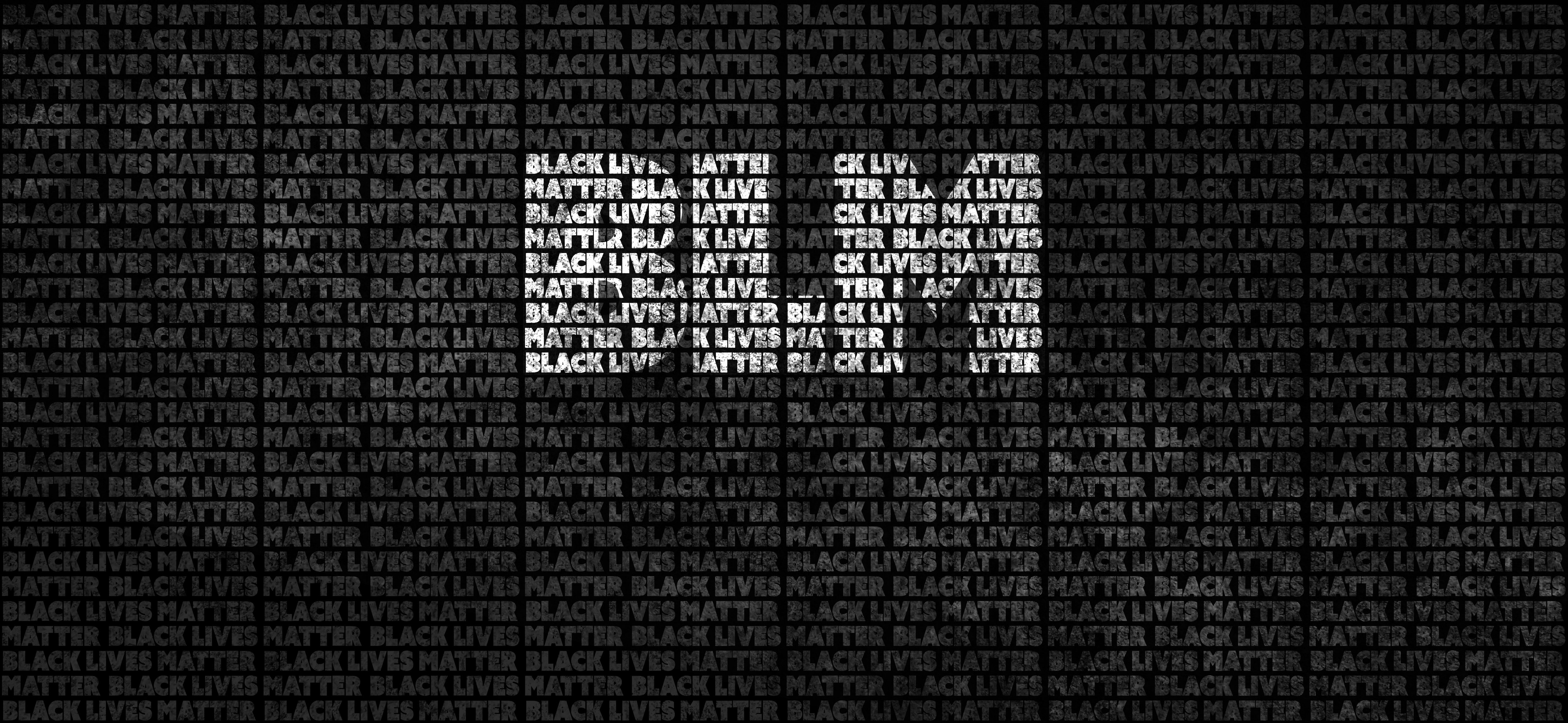
Welcome to this virtual teach-in organized by the College of Arts and Sciences, created to help viewers consider the factors and implications surrounding the May 2020 killing of George Floyd — and the subsequent trial of police officer Derek Chauvin in spring 2021. Floyd’s last minutes were captured by the cell phone of a Black teenager, prompting a renewed and global response to the campaign for Black Lives.
Currently, COVID and social distancing preclude the usual in-person teach-ins historically held to discuss and confront seismic events, from natural disasters to cultural or man-made ones. Therefore we have assembled a cross-disciplinary selection of faculty perspectives in video form to help those in our community and beyond understand, and interrogate the elements of the Derek Chauvin trial. The views expressed in the videos are those of individual faculty members, and all videos were recorded prior to the jury verdict. We thank those faculty who participated from other schools and colleges at Syracuse University.
Please submit feedback and questions to casdiversity@syr.edu.
Commentary
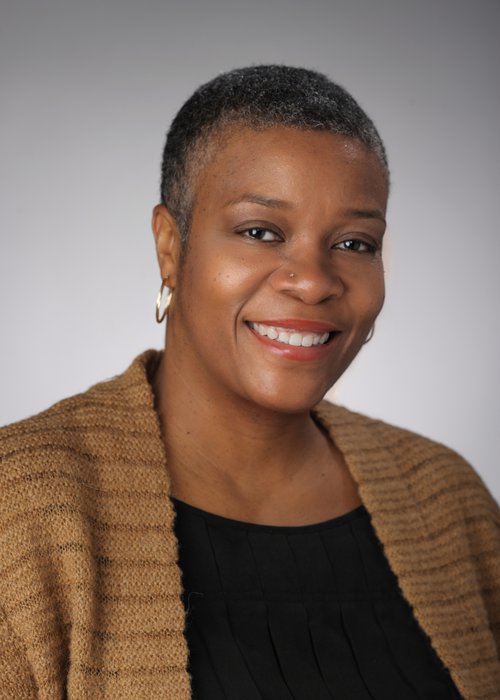
Virtual Teach-in Introduction
Professor Kishi Animashaun Ducre introduces viewers to the virtual teach-in. This resource offers cross-disciplinary perspectives from faculty across the Syracuse University campus who critique and interrogate elements of the trial of Derek Chauvin.
Ducre is an associate professor of African American Studies and Associate Dean of Diversity, Equity, and Inclusion, College of Arts and Sciences.
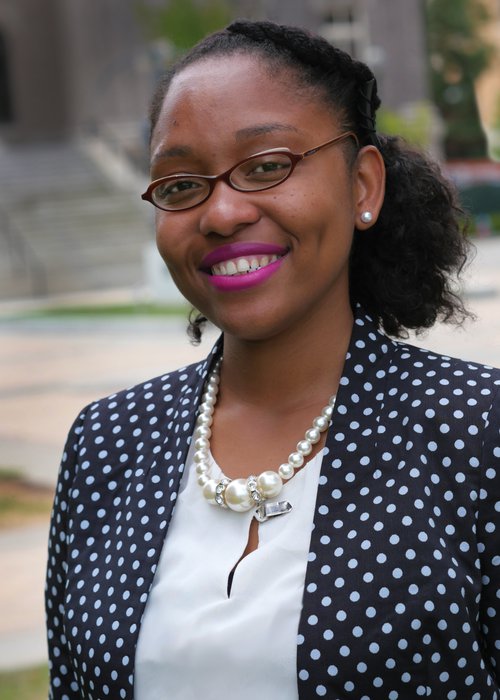
Ideology vs. Humanity
Professor Casarae Abdul-Ghani's presentation rests on the Sonia Sanchez play, “The Bronx is Next” to call attention to police training and Black humanity. Through Sanchez, she asks “What does it mean to be human?”
Abdul-Ghani is an assistant professor in the Department of African American Studies, College of Arts and Sciences.
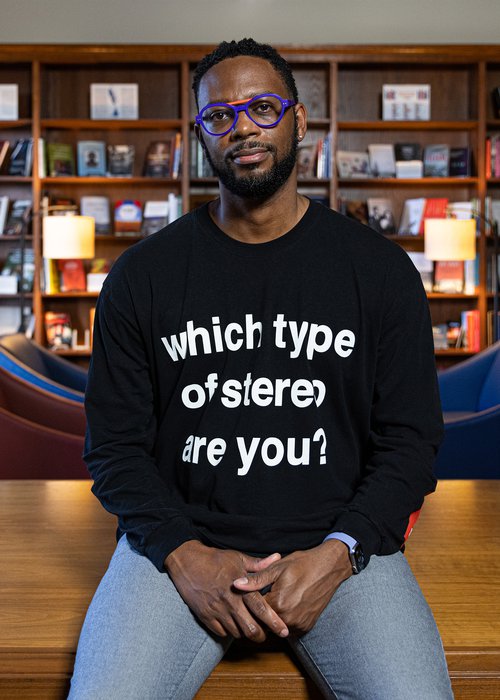
Racialized Domination
Professor Luvell Anderson takes us on a journey, from comedian Dave Chappelle, to Derek Chauvin, to Aristotle, and finally to the scene that unfolds in the recorded encounter in Central Park between Amy Cooper and Chris Cooper (no relation). He explores the idea of an “entitlement to racial domination.”
Anderson is an associate professor in the Department of Philosophy, College of Arts and Sciences.

Implications for Police Reform
Law professor Lauryn Gouldin breaks down the charges in the Chauvin trial in Minneapolis and leads into a broader discussion about community and police relations here in Syracuse. She describes a recent law school forum that highlighted local issues related to reform initiatives with Syracuse leaders in law enforcement, policy, and the courts. **Please note that this presentation features trial evidence that includes a still photo and illustrations from Floyd’s murder.**
Gouldin is the Crandall Melvin Associate Professor of Law, College of Law.
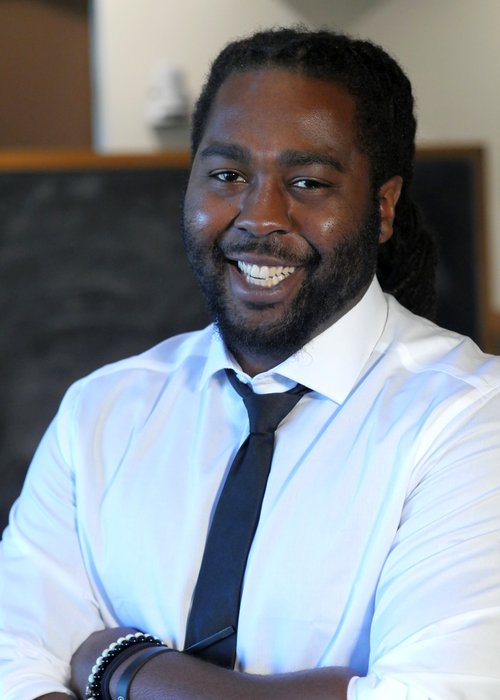
Just Doing Their Jobs: The Anti-black Normativity of Police
Professor Biko Mandela Gray urges us to move beyond our understanding of personal responsibility in the Chauvin trial and interrogate the role of policing more broadly. He points out that allegiance to religious notions of “good and evil” make it difficult to wrestle with the idea that police are “doing their jobs.”
Gray is an assistant professor in the Department of Religion, College of Arts and Sciences.

A Message of Thanks and Acknowledgement
Professor Gladys McCormick expresses her hope that this teach-in can help the community come to terms with the legacy of George Floyd.
McCormick is an associate professor of history; the Jay and Debe Moskowitz Chair in Mexico-US Relations; and Director of Diversity, Equity, and Inclusion, Maxwell School of Citizenship and Public Affairs.
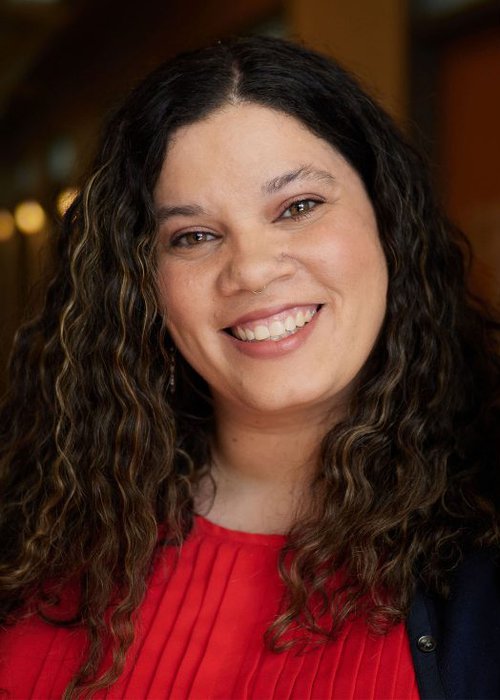
Talking Trauma and How to Take Care of Yourself
Professor Beth Patin defines race-based traumatic stress and how it manifests as symptoms. She also offers practical advice for radical self-care for those of us who are trying manage how we engage with news and events in the Chauvin trial amidst the pandemics of COVID-19 and systemic racism: Sweat, Soul, Sanity, and Joy.
Patin is an assistant professor in the School of Information Studies.
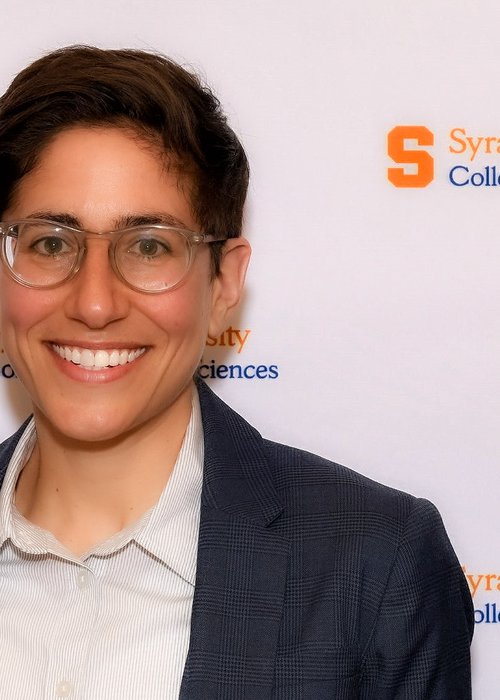
Racial Trauma and the Derek Chauvin Trial
Professor Jillian Scheer focuses on the impact of avoidance when dealing with racial trauma evoked by images in the Chauvin trial and other encounters resulting in the deaths of Black and Brown people by white police officers. She goes on to suggest useful and intentional forms of engagement by whites: accept discomfort, lean in, and avoid defensiveness.
Scheer is an assistant professor in the Department of Psychology, College of Arts and Sciences.
Additional Resources and Events
- The Syracuse University Library's racial justice resources page is an evolving compilation of readings and resources, including links to local and national advocacy organizations to help continue the work of combating anti-Black racism and systemic oppression.
